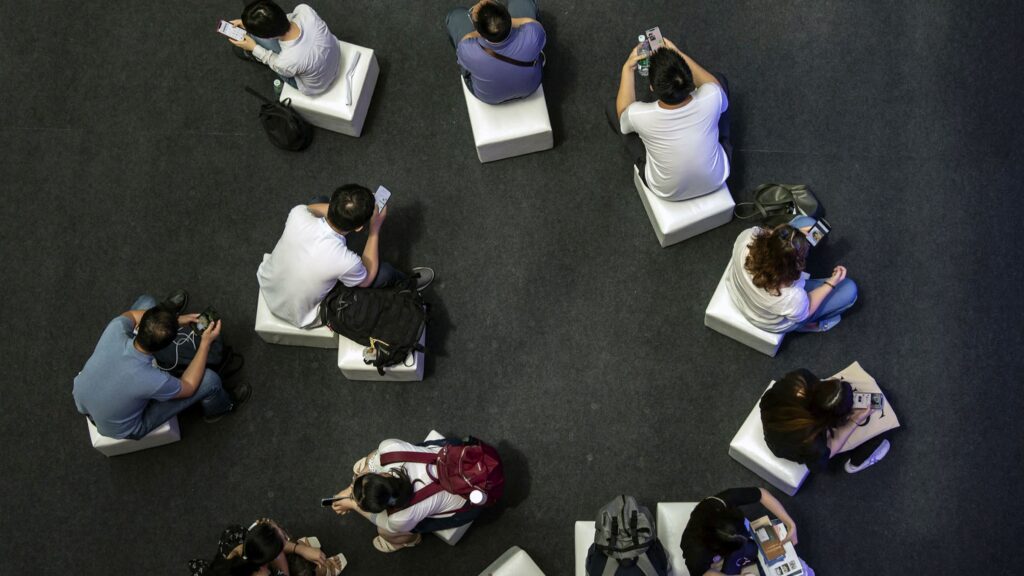I’m a Twitter addict and I don’t care


Hello, my name is Henry, and I am an addict. It has been approximately 90 seconds since I last checked Twitter.
Nearly every journalist is on Twitter, and nearly every journalist feels bad about it. We scroll in meetings and at social gatherings. We read other people’s tweets even when we’re right in front of them. All future films about journalism will need a newsroom scene with the line: “Have you seen this video — oh wait, you posted it.”
Social networks fire precision missiles towards human brains. Twitter, with its focus on text and newsiness, is aimed directly at ours. Actually, not just ours — also those of politicians, writers, academics and a surprising number of normal people.
Occasionally there is a diatribe against Twitter, which resonates deep in the guilty hearts of addicts. This week it was an excellent article in The Atlantic magazine entitled: “You Really Need to Quit Twitter”. I knew it was excellent, because it was recommended by several people I follow. Lucky I was on Twitter or I might have missed it.
Even so I took the article to heart and gave up the social network for a day. I read a book without thinking which excerpt I would photograph and share later. For 24 hours, my purpose in life was not to entertain users named Owllookout and The Levitate Guy with my offhand opinions.
But I also missed Twitter because a lot of the stuff on there is . . . quite good. A lot of the people I have met there are now . . . my friends. Of all the delusions of Twitter addiction, the biggest one is that we would be better off without it.
Was life really better when you heard dire football commentary on TV and couldn’t laugh about it in unison? When you couldn’t ask for film recommendations and DIY tips and receive good ones almost immediately?
Sometimes it’s claimed that classic literature would never have been created had Twitter existed. Well, I have waded through Moby Dick, and I’m OK with an alternate universe where Herman Melville is accustomed to a 280-character limit. Our culture would be fine with slightly less detail about whale blubber.
I would be lying if I said that Twitter hadn’t made me a better writer: pithier and less constrained. I would be lying too if I said that it wasn’t key to my research.
If you think Twitter is flawed, try in-person conversations. People go off on tangents about bitcoin and no one interrupts to correct them. They recount jokes that were done better weeks ago online. Sometimes they say nothing at all.
Yes, Twitter blows everything out of proportion. It makes idiots famous. It made one of them US president. But I hear more nonsense about Covid from those who are not on Twitter than I ever see on the platform itself. People lose their jobs over stupid tweets, but the answer is for society to remember the value of forgiveness.
On the internet, it’s like the motor car has been invented but we haven’t fixed speeding or drink-driving. The algorithms need some limits.
Maybe there is no vaccine for Twitter and we need to learn to live with the infection. Never check the site before 8am. Mute anyone who is neither funny nor polite. Mute notifications regularly. Delete the app periodically. Never assume anything is important just because it’s big on Twitter. Never say in conversation, “As I recently tweeted”.
Yet stop pretending you wish you could live without it. What life is this if, full of care, we have no time to slide into each other’s DMs? No one on their deathbed will regret spending too little time on social media but they may ask you to show them that video that’s making you chuckle.
Give up meat. Give up dairy. Give up most TV drama series after the second series. But give up Twitter? Never.
Twitter: @henrymance